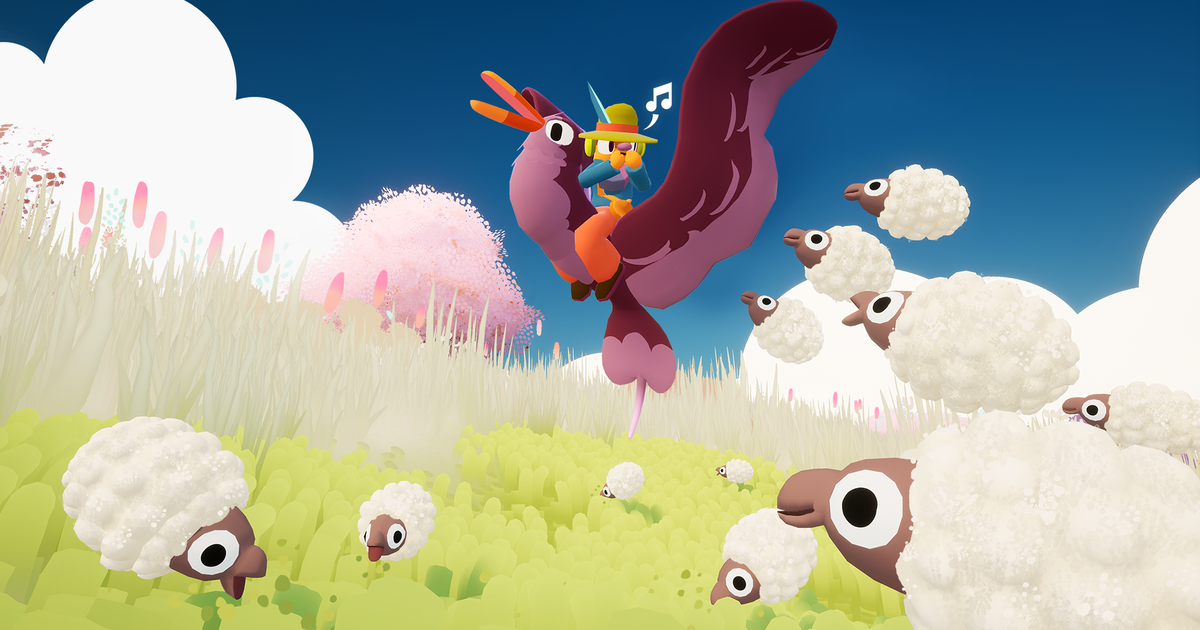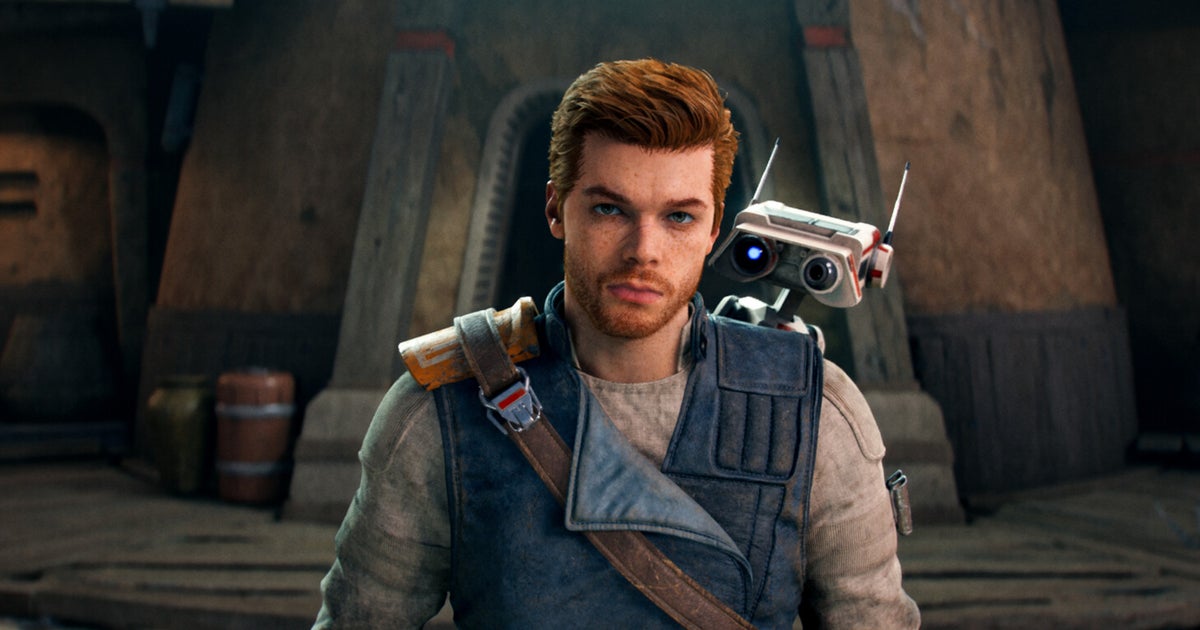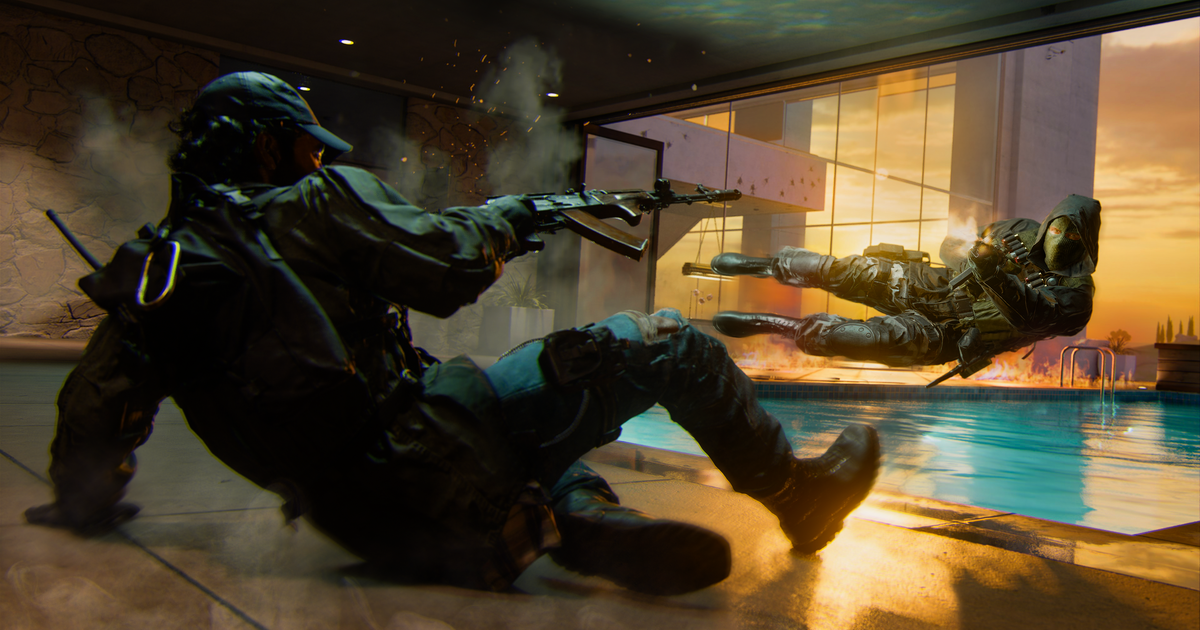I grew up in the countryside. My home was surrounded by fields of sheep, cows and mud (so much mud). I would often spend my days running over to the various farms nearby to greet the animals behind the fences, feeding them with grass and leaves from my hands. I would get myself in a bit of a mess doing this, coming home with my once-bright outfits and shoes a very different colour than they had been at the start of the day. My mother was probably incredibly frustrated at my constant desire to launch myself into the farmers’ fields, just so I could acquaint myself with their livestock, but I kept on doing it. I was fascinated by the gathering of cows and sheep that met me at the fence.
And the animals seemed equally curious about me. Or, perhaps they were just eager for the greenery I would tantalisingly wave around in a bid to get their attention. But, whatever it was, I would soon amass quite an assortment of faces as I leaned in to tend to my own little flock, before I was called home again for dinner. I may not have realised it then, but it was a truly special time.
I thought of this recently, when watching a trailer for Flock, the upcoming game from Richard Hogg and Hollow Ponds, the pairing behind I Am Dead. In Flock, players are tasked with acquiring a flock of their own. But this is not your typical shepherding experience. Rather, it is a gloriously colourful sky-bound delight, featuring flying sheep and a collection of eclectic wildlife.
Taking up wings on the back of a bird, players will be able to coast through the skies as they explore new landscapes in a quest to find creatures for their flock. It can be played either co-op or single player.
Flock reminds me of my days exploring the farms around my home, and also brings the team’s previous game Hohokum into focus. Hohokum itself is a rather ambiguous game, and almost defies explanation. In this game, you play as a Long Mover, an evolving noodle of a creature with a sole eye to give you an idea of where its head should be. You glide and weave your way through a series of surreal landscapes and villages. Pulsating dots strum out notes as you pass through them, a geometric grid gradually gets filled in, flora burst into life. “[It] feels a little like doodling in the air with a kite,” developer Ricky Hagget explained in 2013.
Hohokum is serene and hypnotic. There is no fail condition in Hohokum, and no way to keep score or even track a time limit. What you’re left with is a compelling sense of movement that sees your Long Mover sweep its way across the screen, with colours emanating from its form with every bend and turn. It is freeing. And it is this that I also felt when I watched Flock. Freedom.
I had the opportunity to chat with creators Richard Hogg and Ricky Hagget about Flock, following its gameplay reveal at Annapurna’s showcase last week. Our time together was all too brief, but we managed to cover a lot of ground. Amongst other things, we spoke about how co-op works, what it is actually like to shear a sheep and the joy of an unstressful game.
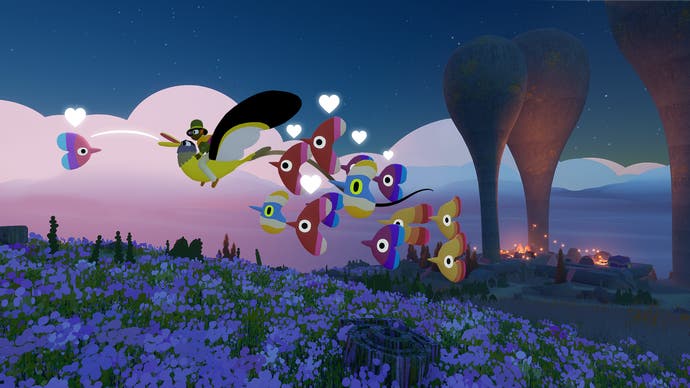
I’m very excited to talk to you both because Christian Donlan speaks very, very highly of you. And he’s been telling me lots of stuff about I Am Dead, and about how it was conceived from an MRI scan of a banana. I mean, that in itself could just be my entire interview. Do you have any stories like this for Flock? Where did Flock come from?
Hagget: Partly, I think Flock came from Hohokum. I would say that’s definitely one of the touch points.
Hogg: There’s no funny anecdote about MRI scans of bananas or anything like that for Flock that I can think of. It’s more just me and Ricky having lots of conversations about what kind of game we wanted to make next, and a really strong feeling of wanting to make a game that feels like a spiritual successor to Hohokum, and has similar feelings.
So it’s not a sequel to Hohokum, it’s not the same kind of game at all. But something that has a similar feeling in the sense that it’s a kind of game where you’re exploring a place in a fairly sort of chill low stakes kind of way.
In Hohokum, there’s this thing that happens where little guys come and ride on you, and you kind of collect passengers. There’s very few bits of that game where you need to have people rolling on you or not. It’s just nice.
And when people play Hohokum, they’re like, ‘oh, yeah, these are my guys that I’ve got with me at the moment’, they are ‘my squad’. Thinking about that feeling [for Flock] and wanting to make a game that’s more about that. We could have called Flock ‘Squad’… that would have been good.
Hagget: I think also just the feeling of movement being a really nice feeling – like trying to make just the process of simply moving around in this game feel like Hohokum, in that it’s very expressive and has a really nice flow state to it.
Flock is described as an ‘ode to the joy of flight and discovery’, which I thought was a really beautiful idea.
Hogg: We spent a lot of time talking about flying in games. And it’s weird because what it’s ended up being is, you don’t really have the freedom that a bird has to fly really high up in the sky or anything like that. But it’s a kind of flying-ish feeling, I guess.
You said Flock is like a spiritual successor to Hohokum, but Hohokum didn’t really have an explicit storyline. Is that the same for Flock?
Hogg: One aspect of this I think where it differs is, Hohokum is quite an obtuse game… it doesn’t tell you anything, and it’s got no writing and no dialogue in it at all. It’s got no score or, or any kind of on screen information. And it’s very pure in that sense, in a way that I think a lot of people love, but also it may be frustrating for some people.
And I think, although we wanted to make a game that had a lot of the same feelings as Hohokum, we also felt we wanted to make it feel a bit more accessible as a video game.
Hagget: And approachable.
Hogg: So, Flock is a bit more video gamey… There are more video game mechanics in it. There’s a bit of a story, there’s non player characters that tell you things that you go and talk to. It’s not a story driven game in the way that I am Dead is – it’s not all about finding out a story.
It’s very much just about the place and the creatures in it, and exploring that. But there is a sort of gentle sense of what the background is and who you are and other characters, stuff like that.
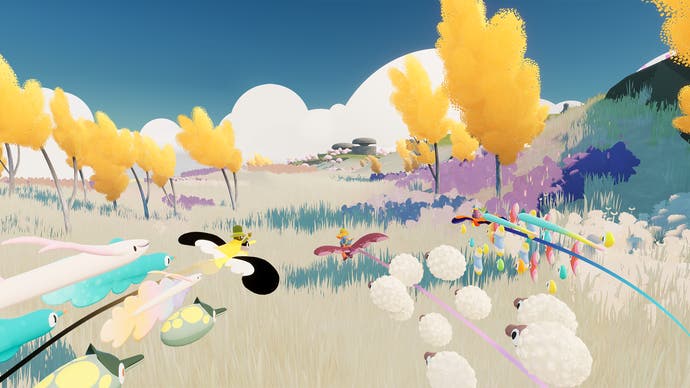
Can you share how the co-op element works in Flock?
Hagget: [Flock] is a great game to play with your friends. The idea is that you can play through the game with your friends, but every player has their own progress.
The progress of your character is what is in your flock, and what creatures you discovered and which ones have you caught. You get given a guidebook, which at the start is empty. And, when you find a new creature that you’ve not seen before, which could involve just flying up to it and seeing it in the world, or it could involve having to hunt for it really carefully because it’s camouflaged, or maybe chasing it down and tiring out, you know, there are various ways that you can encounter a creature so that you can identify it.
Then there’s like a little identifying minigame. And, once that completes, it adds that creature to your little log book, but then you haven’t caught it yet, you might not have the song to catch it yet. But when you do catch it, that’s kind of another level of progress for that creature. So you almost have this big screen that we’ll end up with covered in all the different creatures that you potentially would have caught.
You can work through that process on your own, but you could also fly around with your friends, spotting creatures telling each other you know, where creatures are. You can put markers in the world to show players places to go, or creatures to find. You can view other players’ logbooks and see what they’ve caught, and maybe help them out.
It’s not a game explicitly about having to work together. We really liked the idea that it’s much more chilled than that. So, if you want to go out together with your friends, just talking about the game and trying to get through it, you can do that. But you can also just be kind of bumbling around on either side of the world just having a chat about what’s going on in your lives. Right? It’s not a game where most of the conversation has to be about game mechanics.
And then you can also play in public games with strangers, and we’re still figuring out exactly which levers to pull to make it feel satisfactory to play with somebody who you can’t necessarily talk to with your voice. The game provides communication but figuring out a way to make that feel nice and have players come and help each other without it feeling derailing is a thing we are trying to, you know, just finesse.
One thing I felt from the trailers, is it reminded me of 2020 during the lockdowns. We had these lockdowns, and I suppose during that time there was a greater appreciation for nature. I noticed a lot of people going out and listening to birds, or looking for birds. I felt like it became a much bigger thing.
Hogg: It’s funny, in the sense of what Ricky has just been talking about, this is definitely a lockdown-inspired game because, during lockdown, we spent a lot of time playing video games with friends online. And definitely feeling the need for a kind of multiplayer game experience where you’re just kind of hanging out in a place together and talking while you’re doing stuff, rather than having to do something that’s competitive or very, very kind of mechanically collaborative. So in that sense, it is a lockdown-inspired game.
In terms of getting out into nature and birds in particular… our interest in stuff like that predates Flock. I’ve been a bird watcher since I was a child off and on, you know. I wouldn’t say I’m a hardcore Twitcher anymore, but I am really interested in birds. I volunteer at a local nature reserve and I do a lot of walking.
Hagget: It’s definitely directly inspired by being out, walking around and listening and looking for birds. You know, the experience of it. We’re trying to make the experience of the game have that sort of feel to it, for sure.
Do you think there has been a rising demand for these more laid back ‘cosy’ games because of the lockdowns?
Hogg: I don’t know, but that’s interesting, isn’t it? We’ve always made stuff like that, you know. Everything we make is quite wholesome.
Hagget: Cosy is the new wholesome.
Hogg: Games that are quite sort of chill and non stressful, and maybe even feel therapeutic to players, that’s kind of our thing. That’s what we do, and what we’re good at.
I hope there’s more demand for it. Because, I don’t know, I find it weird that so much of people’s video game experiences is stuff that I find quite stressful. I’m always looking for stuff that’s more calm. I like games where you’re just exploring, exploring a place in quite a passive, calm way, for instance.
Hagget: There’s certainly better curation around that style of game now. Whatever you think of the words ‘wholesome’ and ‘cosy’ – and I’m kind of largely ambivalent about them – but those sort of movements to gather those things up and highlight a whole bunch of them together as a showcase feels like a really powerful tool for getting people into that stuff. It’s been good to see a bunch of those games be really successful.
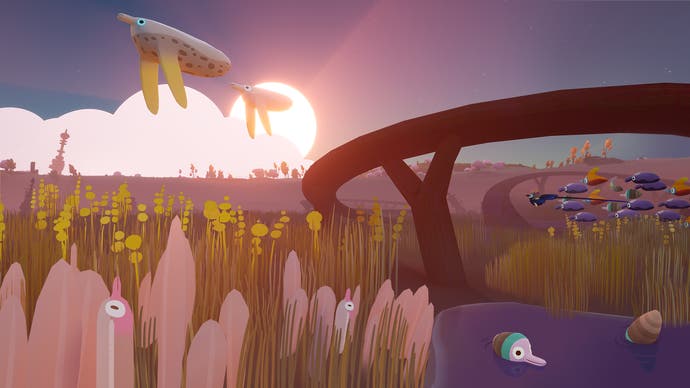
Flock is coming to Game Pass on its release. I don’t know if you’ve both been following the FTC versus Microsoft court case going on in America at the moment, but there were recently comments from PlayStation boss, Jim Ryan saying that publishers don’t like Game Pass. They feel it’s “value destructive”. How do you feel as developers having a game on Game Pass? What are your thoughts on that?
Hagget: I’ve been making games for a while now. And there are always lots of new ways of, as a developer, making money for games. And those ways come and go, and ebb and flow. And it’s very hard to make predictions about the big picture or like where it’s all going. And I think it’s just good if you could just keep making games and finding different ways to fund them.
It’s good that there are different people offering different ways to fund video games. I’d be sad if the only way anyone ever made games was through a subscription model. But that isn’t the case. You can sell your game still. And that’s good. And I think it’s good that there are subscription models as well. And there’ll be new things coming all the time, and deals changing all the time.
On the Annapurna website it says: “As your flock grows, your sheep get woolier. You can use your wool to shear them for hats, cardigans and even socks”. Could elaborate on that?
Hogg: These hats, cardigans and socks are things that your character in the game wears… It’s a cosmetic thing.
I like the idea that we end up making knitting patterns as a kind of spin off thing from this game… there was a time ages ago, wasn’t there, when we were looking at like a knitting minigame that was going to be a sort of part of this.
Hagget: Someone in our team is really into knitting. And also is really into generative stuff, generative programming art, and has made lots of generative programs to like, make knitting patterns, and then knitted those. So she has hats which were generated by an algorithm she wrote.
Wow, that’s amazing!
Hogg: Yeah, it’s really cool. It’s really cool. But we didn’t go down the route of including a knitting minigame, but your sheep have a sort of cycle of wooliness or not wooliness, they get woolier through grazing, and then – like in the real world – the sheep are sheared and then you have wool, and effectively you can spend that wool on changing your player character’s outfits.
Have you ever sheared a sheep?
Hogg [laughing]: Have I ever sheared a sheep?! No, have you?!
I have! My friend’s a farmer and he very sweetly let me go and shear one sheep. And my goodness, the following day, my arms were limp because those sheep can move! He can do like 100 and something a day.
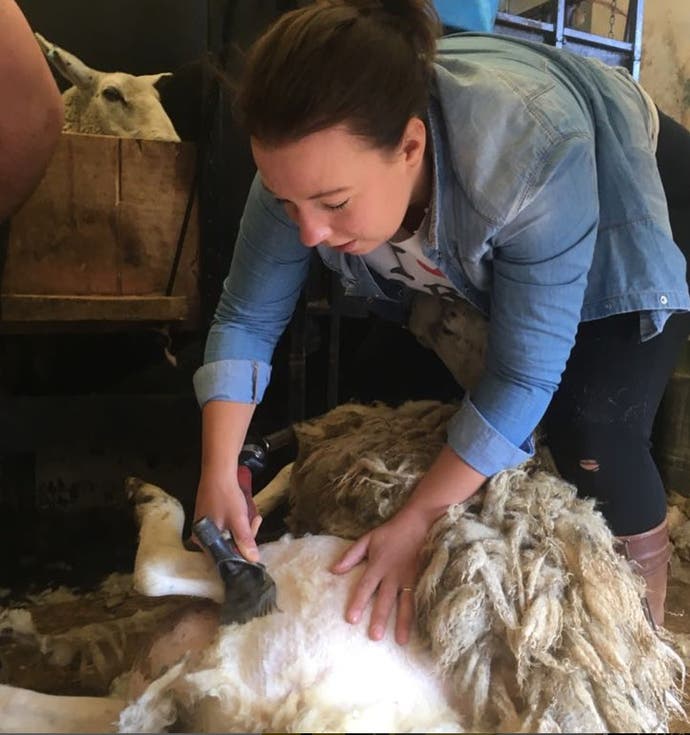
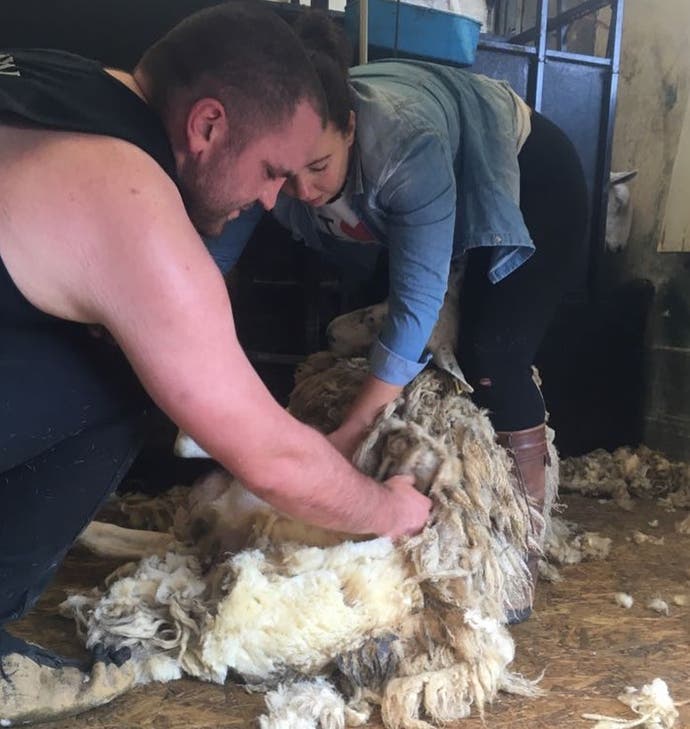
Hagget: When you say move, you’re not having to run after them as they try to run away?!
[Now also laughing] You have to hold it still. I can’t really demonstrate from my desk [and yet, I still try]. You get it in some kind of vise grip with your legs. And then you’ve got the clippers in this hand. And you’ve got – well, I had – another farmer who’s holding the back. And you have to kind of pivot around the body of the sheep. And it’s quite the undertaking! I assume it will be easier in Flock…
Hogg: What did you smell like after you sheared the sheep?
Ripe!
Hagget: Dick, did you finish the animation work on the sheep shearing? I think you need to shear real sheep. I think we need to figure this out.
